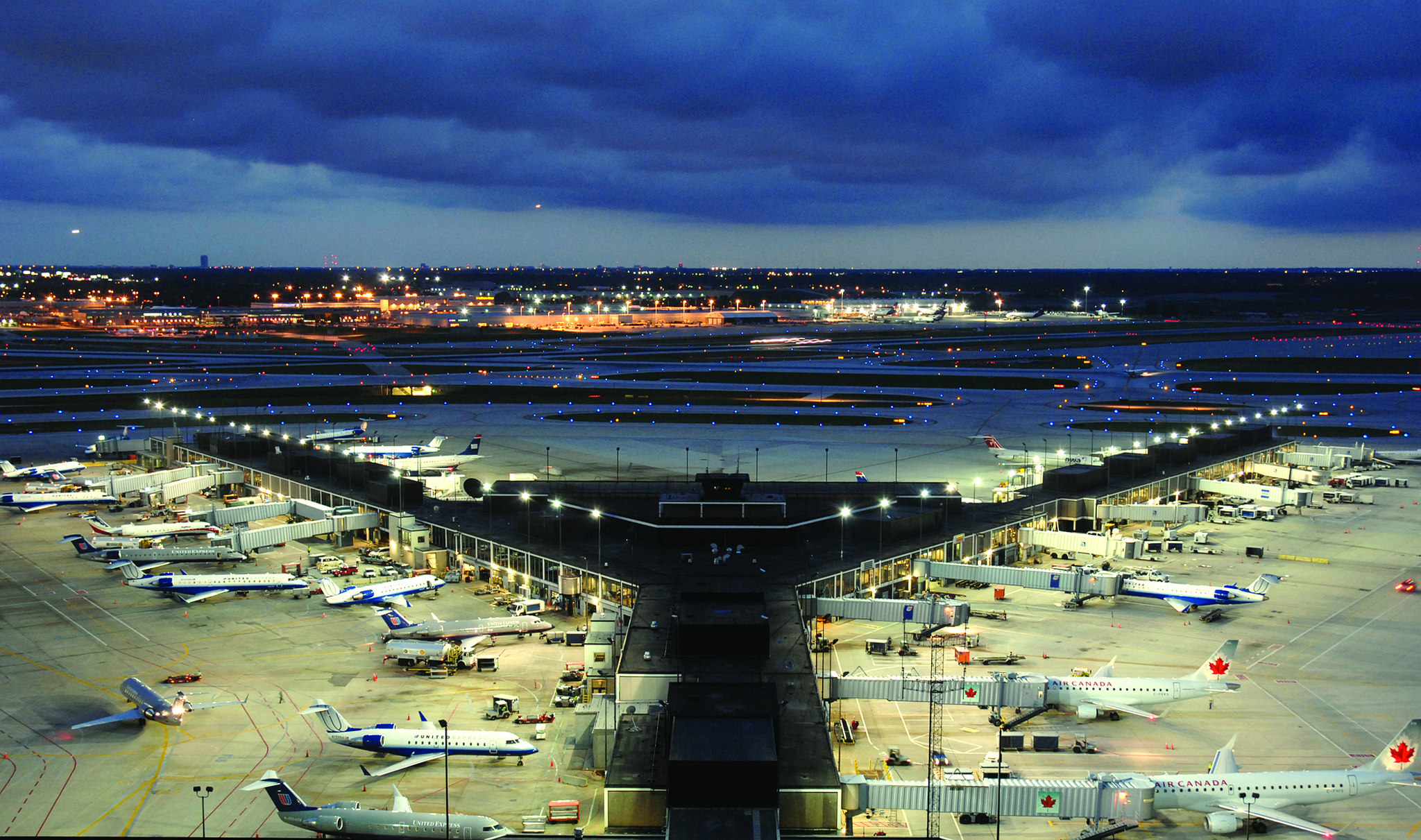USA. New guidance from the Federal Aviation Administration (FAA) says that decisions on rent relief or deferral are local decisions for US airports. It added that they should consider the “changed circumstances created by the public health emergency”, among other factors, when renegotiating terms with tenants.
Under the recent Cares Act, US Congress awarded about US$10 billion in grants for airports to support them during the COVID-19 pandemic.

In the guidance, the FAA said rent renegotiation was acceptable when it was reasonable and reflected a decline in business caused by the pandemic.
It added that airports should take into account the tenant’s business situation, changed circumstances caused by the emergency, the need to have tenants still in business when the emergency was over, and the availability of other government or insurance relief for those tenants. They should also consider what conditions would bring an end to any rent abatement.
The Airport Restaurant & Retail Association has welcomed the new guidance.
The FAA conceded that any rent abatement or similar action could lead to an increase in airline fees, but noted that airports should balance the interests of all airport users. It encouraged airports to seek consensus with all affected parties where possible.
The FAA guidance added that closing restaurants, retail stores, or other non-aeronautical functions in a terminal was unlikely to violate FAA grant assurances, particularly if driven by public health measures or reduced demand, and especially if based on restrictions applicable to all businesses.
The guidance also said that deferrals of rental payments or other fees may be allowable where bond restrictions or other conditions prevented airports from offering rent abatements.
The FAA guidance added that closing restaurants, retail stores, or other non-aeronautical functions in a terminal was unlikely to violate FAA grant assurances, particularly if driven by public health measures or reduced demand, and especially if based on restrictions applicable to all businesses.
Closing gates or sections of terminals was likely to be acceptable if in response to reduced passenger volumes and operations, wasn’t discriminatory, and didn’t provide unfair competitive advantage to one operator.
Reducing hours of operation at the airport would require FAA assessment and any airport closure must be approved in advance by the FAA.
The guidance also mentioned other areas of concern, including: prohibition of certain flights; requiring flights to land at certain airports for screening; closing of sections of the airfield to allow for aircraft parking; allowing terminals to be used for sheltering people; and screening or quarantining passengers boarding or exiting places.
* Look out for an interview with ARRA Executive Director Rob Wigington, coming up on The Moodie Davitt Report.










